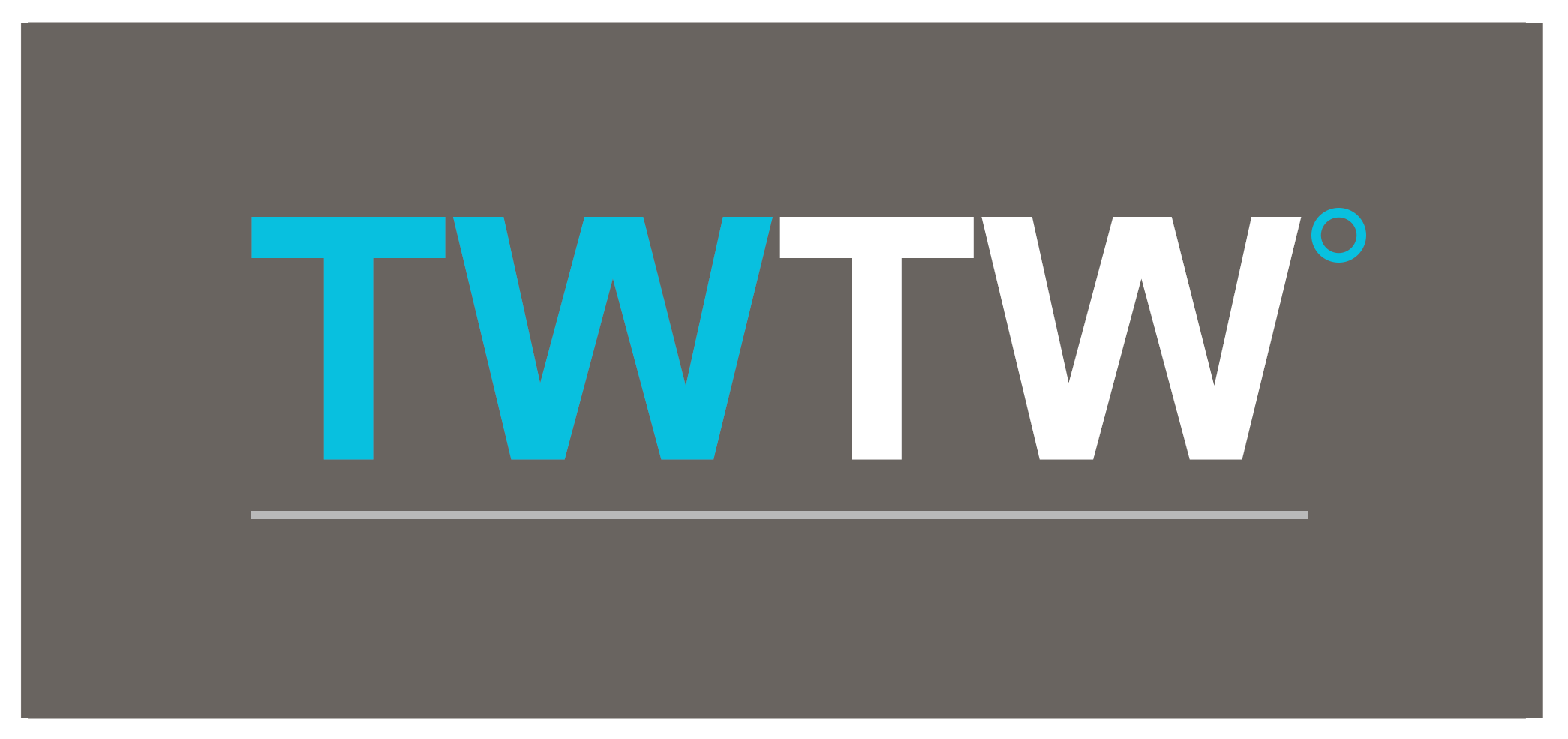As Bayer bids for Monsanto and Gannett for Tribune Publishing, mergers raise questions about the concentration of power and the rising risks to the global economy.
This week, Bayer bid for Monsanto. Bayer, a German behemoth, describes itself as “a global enterprise with core competencies in the Life Science fields of health care and agriculture.” Monsanto, an American multinational, seductively claims to be “a sustainable agriculture company” that delivers agricultural products to support farmers all around the world. Bayer offered a not too shabby $55 billion to buy Monsanto, a price that is likely to move north as the bid proceeds further.
This is also the week when political turmoil continued in both Brazil and Venezuela, the US Senate voted to allow relatives of those killed on 9/11 to sue Saudi Arabia for the attacks, the Islamic State exploded bombs in Baghdad again, an Egyptian plane crashed in the Mediterranean, and Rwanda expelled 1,500 Burundians to retaliate against Burundi’s expulsions of thousands of Rwandans since April 2015.
Whilst these developments around the world are significant, it is economic developments that take center stage this week. They capture the peculiar nature of the global economy that combines both promise and peril. On the one hand, people can use Google Maps, Apple and Uber to make their life easier. On the other hand, jobs are few, working hours long and real wages flat or falling.
Brazil and Venezuela are facing a terrible crisis because the bottom has been knocked out of their economies. In 2015, this author predicted declining trade, growth and returns to capital as the Chinese dragon stopped breathing fire. Today, far too many countries in Latin America and Africa that lived off China’s ravenous hunger for resources are suffering economic pain, social dislocation and political turmoil.
This global slowdown is causing pain to big companies in Europe and the US as well. This has led to a merger mania in sectors as divergent as semiconductors and agribusiness. As Kenneth Ferris and Barbara Petitt point out, mergers and acquisitions come in waves. The end of these waves “typically coincides with a crisis or a recession.” In theory, mergers and acquisitions increase value. The sum of two companies that come together is supposed to be greater than their individual parts. Operating, financial and managerial synergies purportedly help unlock hidden value.
Yet “there are more things in heaven and earth” than are dreamt of in philosophy. A well-known KPMG report in 1999 concluded that “83% of mergers were unsuccessful in producing any business benefit as regards shareholder value.” In fact, 53% had destroyed value. There is little to indicate that things have changed dramatically. Still, mergers and acquisitions continue to be in fashion. Why is it so?
As per Chem.Info , the slowdown in China and Brazil is making organic growth unlikely. Hence, companies are looking to grow through mergers or acquisitions in the hope that economies of scale will increase market power and efficiencies. Bayer’s bid for Monsanto has come on the back of blockbuster deals. In August 2015, Monsanto offered $47 billion to buy Switzerland’s Syngenta. It tried to combine its world-leading seeds business with Syngenta’s seeds and pesticides. Syngenta turned down Monsanto to jump into the arms of ChemChina. More importantly, the Dow Chemical Co. and DuPont have announced a $120 billion merger to create the biggest behemoth in their business.
In some ways, the consolidation of companies is proving Karl Marx right. This bearded German predicted that increasing competition would lead to larger companies who would enjoy economies of scale. Smaller companies would be eliminated because they would not be able to match the lower average costs of behemoths. In agribusiness, six global companies dominate the sale of crop seeds and pesticides. With the formation of Dow DuPont, this number will shrink to five and the new Goliath “would sell about 41% of U.S. corn seeds and related genetics.”
Marx might have been right about economies of scale, but he failed to take into account diseconomies of scale. At some point, scale leads to dysfunctional bureaucracies and robs organization of dynamism. Dow DuPont is going to eliminate thousands of jobs, especially in research and development. According to Frederic Choumert, a principal of Roland Berger, the Dow DuPont merger is “almost the death of innovation.”
Marx’s materialist philosophy also failed to account for human ego. Mergers and acquisitions often take place because human beings still retain empire-building instincts like Julius Caesar and Robert Clive. Corporate bosses like being titans of industry. Often, they buy shiny toys at inflated prices and end up mismanaging thereafter. In 2007, “the nine-year, $36 billion ‘merger’ of Chrysler and Daimler-Benz was dissolved for a mere $7.4 billion.” This failed merger remains a classic case of imperial hubris on the part of Daimler-Benz’s Juergen Schrempp.
Corporate bosses are not alone in this often-doomed quest for bigger is better. Shareholders demand incessant growth, regardless of the costs or consequences. It is for this reason that Monsanto manufactured Agent Orange, a toxic defoliant, for the US military during the Vietnam War. The company still claims that there is no “causal connection linking Agent Orange to chronic diseases.” The American Cancer Society has reviewed evidence and has a different point of view. Apparently, Agent Orange is not as harmless as Monsanto would like us to believe. Millions of Vietnamese and thousands of American servicemen would agree. In any case, when selling Agent Orange is no longer an option then mergers or acquisitions are not such a bad idea.
Apart from shareholders, central banks are also responsible for boosting mergers and acquisitions. Since the global financial crisis of 2007-08, central banks have been pumping money into the economy. Interest rates have been staggeringly low and quantitative easing has become the norm. This means that the cost of capital is staggeringly low, making it easy for companies to raise money for merger mania.
Unsurprisingly, media mergers are also in fashion. This week, Gannett bid for Tribune Publishing. Gannett, the owner of USA TODAY and over 100 other media properties, offered a measly $815 million to buy Tribune Publishing, the owner of The Los Angeles Times and Chicago Tribune. Gannett estimates savings of about $50 million a year because of synergies. In April, Gannett bought Journal Media Group for $280 million.
 Journal Media Group itself had been formed after a merger in 2015. Its print and digital publishing operations served 14 markets in nine states, and its marquee publications included the Milwaukee Journal Sentinel, the Naples Daily News, The Commercial Appeal in Memphis and Ventura County Star in California. Concentration of power in Dow DuPont is raising legitimate concerns ranging from oligopolistic market power to financial engineering that prizes short-term gains for hedge funds over long-term business fundamentals. In the case of media, as per the Public Broadcasting Service (PBS), it might be putting democracy on deadline.
Journal Media Group itself had been formed after a merger in 2015. Its print and digital publishing operations served 14 markets in nine states, and its marquee publications included the Milwaukee Journal Sentinel, the Naples Daily News, The Commercial Appeal in Memphis and Ventura County Star in California. Concentration of power in Dow DuPont is raising legitimate concerns ranging from oligopolistic market power to financial engineering that prizes short-term gains for hedge funds over long-term business fundamentals. In the case of media, as per the Public Broadcasting Service (PBS), it might be putting democracy on deadline.
The media, to use Edmund Burke’s words, is “the fourth estate” and, in its role as a watchdog, has to promote transparency and accountability. Yet the fourth estate is less likely to bark, leave aside bite, “when its many-faceted voice is owned by a small number of corporate masters.” PBS points out that 50 corporations controlled most of the American media, including magazines, books, music, news feeds, newspapers, movies, radio and television in 1983. By 1992, mergers had reduced the number of corporations to 25, and by 2000, this further dwindled to six.
The fiduciary duty of those who run these corporations is to maximize profits for their shareholders. This creates conflicts of interests with the duties of the fourth estate that include informing and educating the public, as well as holding the feet of the powerful to the fire. Ben Bagdikian, a Pulitzer-prize winning journalist, former dean of the Graduate School of Journalism at UC Berkeley and author of The New Media Monopoly, has described US media giants as a “cartel” that wields enough influence to change politics and to define social values. Perhaps, as Michael Marinaccio says, “It’s time for nonprofit media organizations” because profit-journalism has failed to uphold news as a public good.
At a time of merger mania, the structure of the global economy deserves closer attention. Rising debt, fewer jobs and increasing inequality make a toxic cocktail. Public institutions are lost at sea in the face of interest groups and short-term thinking. As mentioned above, central banks have played a dubious role by following a policy that boosts asset prices, funds mergers and increases inequality.
In 2008, none other than the International Monetary Fund published a paper on central bank responses to the 2007-08 financial crisis. It declared that central banks have to strike “the right balance between being supportive in a stressed market environment without sowing the seeds of future crises during normal times.” That treacherous passage between “the Scylla of a global slowdown and the Charybdis of inequality amplifying asset price bubbles” has proved difficult to navigate. The current merger mania indicates that central banks might have drifted too close to Charybdis.
*[You can receive “The World This Week” directly in your inbox by subscribing to our mailing list. Simply visit Fair Observer and enter your email address in the space provided. Meanwhile, please find below five of our finest articles for the week.]
Is the Eurozone Ready for the Next Crisis?
Have eurozone states built sufficient democratic institutions for the necessary sharing of risks and resources?
The 2008 financial crisis was not a one-off event. The resources that were available to cope with that crisis would not necessarily be there if there was another crisis. Government debt and GDP ratios are still high, and pension and health costs are escalating across Europe. Structural reforms in countries like France are moving at a snail’s pace. Countries have not benefitted equally from the convenience of having a common currency in the euro. For example, Ireland has benefitted much more than Italy.
Borrowing by non-bank institutions globally is higher now than it was in 2008. Concern is sometimes expressed about the expansion of the less supervised “shadow banking” sector in China. Shadow banking represents 40% of Chinese GDP. Shadow banking is nearly 200% of the eurozone’s GDP. Forecast economic growth for the world as… Read more
The Rise and Fall of Dilma Rousseff
How a woman who was never even elected for class representative became the president of one of the world’s largest economies—and why she was removed from power.
On January 1, 2007, the Dilma Rousseff project was set into motion. That was the inauguration day of Luiz Inácio Lula da Silva’s second term as the president of Brazil. His minister of justice, the late Márcio Thomaz Bastos—the Workers’ Party’s then-guru for legal matters and a man who enjoyed the absolute trust of Lula—informed Rousseff, who at the time served as the president’s chief of staff, of the “ambitious project” that their boss had in store for her. Rousseff’s first reaction was a big laugh.
She had her reasons for not believing it. She was not a leader within the Workers’ Party, having instead made her political career in the Democratic Labor Party and joined Lula’s political family less… Read more
What is the American Dream?
Having fled oppression and death in Iraq and Syria, a young man reflects on life in America and its divisive election campaign.
Ten years ago, my father and I had breakfast together before he left for work and I headed to school. I kissed him goodbye. I never saw him again.
I was born and raised in Baghdad, in a loving family of two parents and three siblings. We come from the Mandaean community—a religious minority group, one of the oldest in the world. During and after the rule of Saddam Hussein, Mandaeans have been the target of persecution and violence in Iraq, and many have fled the country in search of safety. As a result, the Mandaean community in Iraq is almost extinct today.
In March 2003, Iraq was at war with the United States. I was 13 years old. The first night of the invasion, my family… Read more
Thailand is Headed Down a Dark Path
The culture of fear in Thailand today has cemented the nation’s status as an ailing democracy.
The nations of Southeast Asia have collectively achieved a degree of notoriety for their structural instabilities—the typically gradual process of political change abandoned for recurring power vacuums and institutional landslides.
In this respect, Thailand is no different, and has suffered 19 separate coup d’états since the absolute monarchy was abolished in 1932. Even so, there has always been cautious optimism about Thailand’s place in Southeast Asia as a liberal voice in a troubled region. With the 2014 coup, however, the same observers who have always patiently held out for Thailand’s return to the democratic fold have started to betray a significant shift in their attitudes toward its current status.
Perhaps it is the Thai electoral commission’s recently filed charges against a group posting on Facebook—accusing them of using foul language about the… Read more
First Co-Working Space Opens in Afghanistan
A new generation of entrepreneurs are aiming to prove that creativity is alive and kicking in Afghanistan.
The idea first started in New York City’s Soho district and arrived in Kabul’s Karte Seh—a recently rebuilt residential area. “[A] few years ago, I had the opportunity to visit the co-working space of a friend in New York,” says Suleman Fatimie, a 30-year-old Afghan entrepreneur and the founder of the initiative. “I [got] inspired: Why not do something similar here in Afghanistan?”
Daftar, the first co-working space ever established in the country, is located inside the Afghan Centre for Excellence—a management consulting firm where Fatimie is a managing partner. From the outside it appears like any modern Afghan building, surrounded by walls with a central garden and enclosed by other compounds. Inside, a fresh breath of warm colors and coffee inundate the office rooms, decorated with trendy designs and traditional… Read more
The views expressed in this article are the author’s own and do not necessarily reflect Fair Observer’s editorial policy.
 We bring you perspectives from around the world. Help us to inform and educate. Your donation is tax-deductible. Join over 400 people to become a donor or you could choose to be a sponsor.
We bring you perspectives from around the world. Help us to inform and educate. Your donation is tax-deductible. Join over 400 people to become a donor or you could choose to be a sponsor.
Support Fair Observer
We rely on your support for our independence, diversity and quality.
For more than 10 years, Fair Observer has been free, fair and independent. No billionaire owns us, no advertisers control us. We are a reader-supported nonprofit. Unlike many other publications, we keep our content free for readers regardless of where they live or whether they can afford to pay. We have no paywalls and no ads.
In the post-truth era of fake news, echo chambers and filter bubbles, we publish a plurality of perspectives from around the world. Anyone can publish with us, but everyone goes through a rigorous editorial process. So, you get fact-checked, well-reasoned content instead of noise.
We publish 2,500+ voices from 90+ countries. We also conduct education and training programs
on subjects ranging from digital media and journalism to writing and critical thinking. This
doesn’t come cheap. Servers, editors, trainers and web developers cost
money.
Please consider supporting us on a regular basis as a recurring donor or a
sustaining member.
Will you support FO’s journalism?
We rely on your support for our independence, diversity and quality.











